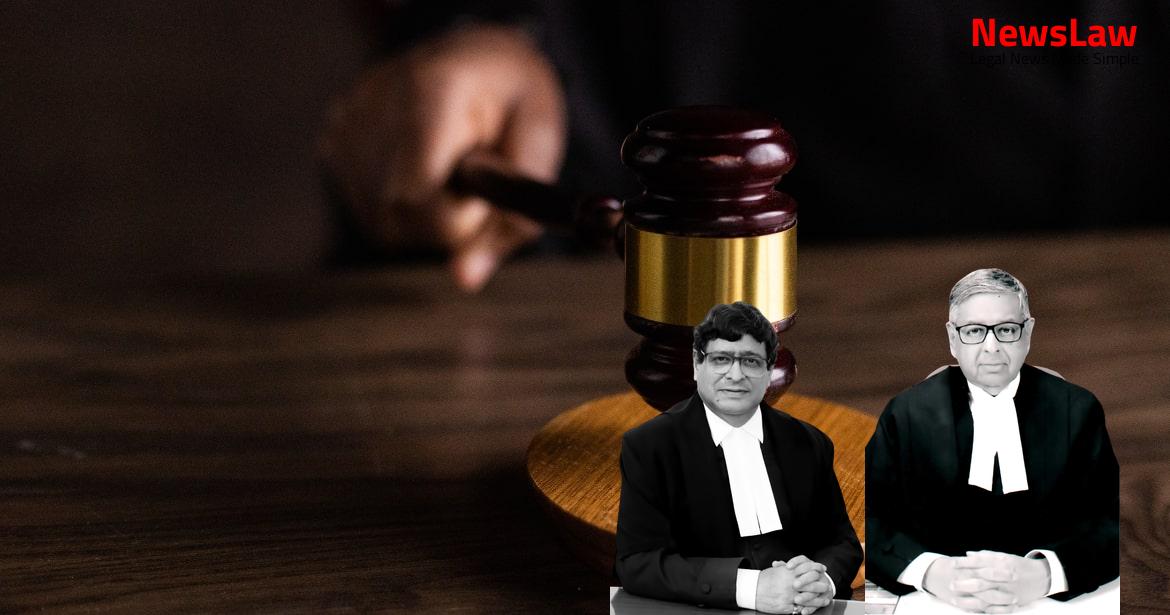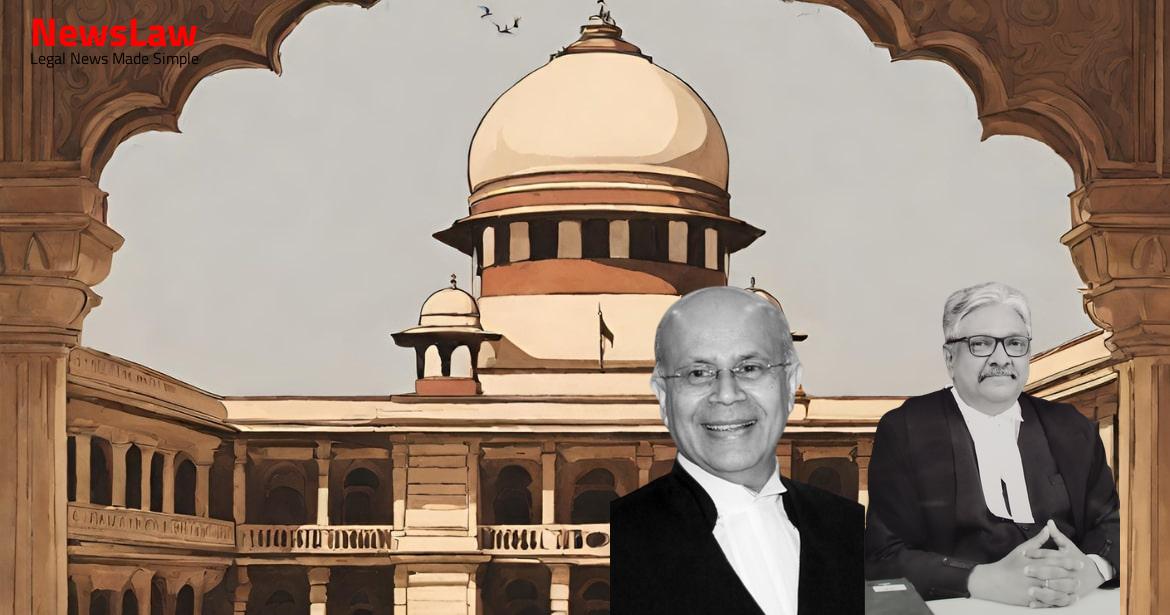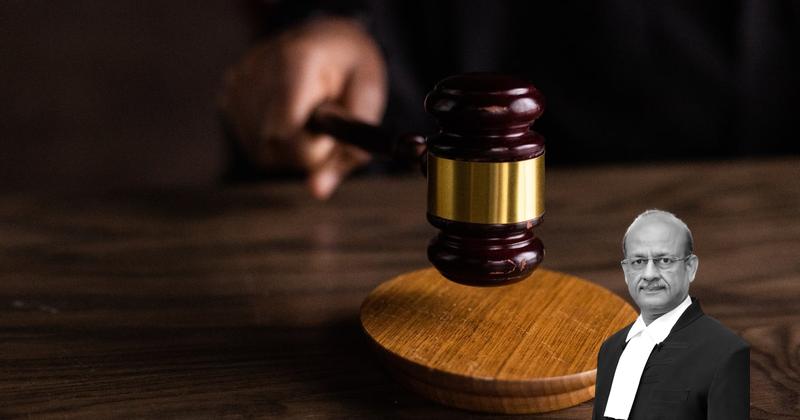In a recent legal case, the court highlighted the importance of adhering to procedural requirements in legal proceedings. The judgment emphasized the significance of following specific procedures outlined in the law to ensure fair and just outcomes. This summary focuses on the legal analysis provided by the court regarding the correct exercise of powers and enforcement of orders in legal matters.
Facts
- The Appellant failed to repay the amount to the Respondent despite multiple opportunities given.
- The Trial Court directed the Appellant to deposit 20% of the cheque amount as interim compensation, which he failed to comply with.
- An application by the Appellant to cross-examine the Respondent was dismissed by the Trial Court due to non-compliance with the interim compensation order.
- The Appellate Court observed that the Appellant’s conduct indicated a desire to protract the legal proceedings.
- The Appellant did not comply with the order of the Court to deposit 20% of the cheque amount even during the course of this appeal.
- Despite the deposit of Rs.3,50,000/- as directed by the Court, the Appellant’s reluctance to comply with orders was evident.
- Complaint Case accepted by the Trial Court on 29.11.2019
- Appellant found guilty under Section 138 of the Act
- Appellant directed to pay fine of Rs.7,00,000/-
- In default, Appellant to undergo six months of simple imprisonment
- Order of conviction and sentence affirmed by the Trial Court
Also Read: Balancing Power and Transparency: Electoral Bonds Struck Down, Disclosure Mandated
Analysis
- The Act requires specific procedures to be followed for exercising powers under Section 119 and Section 245-D.
- The power of the court to order interim compensation under Section 143A is limited to 20% of the amount of the cheque as per Sub-Section 2.
- The dismissal of the appellant was found to be illegal and void by the High Court as it did not follow the required procedures.
- The interim compensation provided for in Section 143A is recoverable as if it were a fine, implying a specific method of recovery.
- The courts have the authority to close the right to cross-examine if the interim compensation is not paid as directed by the court.
- If the drawer of the cheque is acquitted, the Court directs the complainant to repay the interim compensation with interest within a specified period.
- The interim compensation payable under this section is reduced by the amount paid or recovered.
- The amount of fine imposed under section 138 or compensation awarded under section 357 may be recovered as if it were a fine under the Code of Criminal Procedure.
- The section confers on Magistrates the power to record statements or confessions, implicitly prohibiting Magistrates from giving oral evidence of the statements or confessions made to them.
- Exercise of power of dismissal must be done in conformity with the Act.
- Dismissal of the appellant from service in violation of Rule 35 of the Rules was set aside.
- A power under a statute must be exercised in accordance with the provisions of the statute and in no other manner.
- The power to record the confession is given so that the confession might be proved by the record made in the specified manner.
- If a power is given to do a certain thing in a certain way, it must be done in that way or not at all.
- Other methods of performance are necessarily forbidden when a specific method is prescribed by the statute.
- All precautions and safeguards laid down in Sections 164 and 364 would become of little value if not followed precisely.
- When a statute vests power in an authority to be exercised in a particular manner, the authority must exercise it only in the provided manner.
- The Commission cannot exercise the power of relaxation in a manner different from the one provided in the statute.
- The court clarified that they have not made any reflections on the merits of the matter discussed.
- The right to cross-examine the respondent was denied to the Appellant.
- The decisions rendered by the courts below are deemed to suffer from an inherent infirmity and illegality.
Also Read: Recall of Resolution Plan Approval: Legal Analysis
Decision
- The appeal is allowed, and the decisions of all three courts are set aside.
- Complaint Case No 244 of 2019 is to be restored to the file of the Trial Court.
- The Trial Court is directed to allow the Appellant to cross-examine the Respondent.
- 20% of the cheque amount, i.e., Rs.1,40,000/-, must be deposited by the Appellant as interim compensation.
- The Registry is to transfer Rs.1,40,000/- to the Trial Court in Nagamangala, Karnataka.
- The remaining amount along with any accrued interest is to be given to the Appellant.
- The Registry will issue a Pay Order in the name of the Appellant, to be handed over to their counsel.
Case Title: NOOR MOHAMMED Vs. KHURRAM PASHA (2022 INSC 779)
Case Number: Crl.A. No.-001123-001123 / 2022



